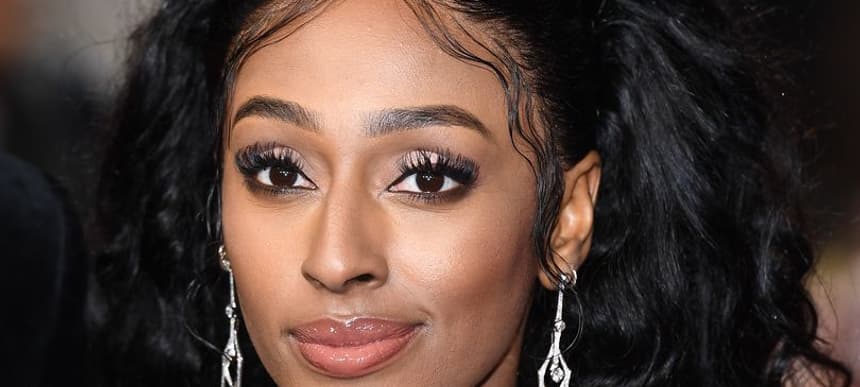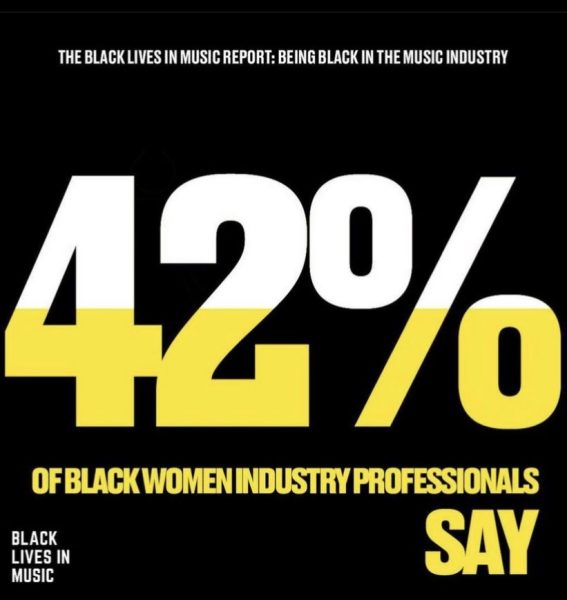
Black Lives in Music Survey reveals 63% of Black artists experienced racism in UK industry
On Wednesday October 13, Black Lives in Music (BLiM) published the results and findings of the largest ever survey of data focused on the experiences of black musicians and industry professionals.
It found conclusive evidence supporting the long-held beliefs about racial discrimination and has illustrated disturbing experiences of systemic and institutionalised racism in the UK music industry. Specifically, the report showed that most had experienced direct or indirect discrimination or overt racism, as well as micro aggressions, battling assumptions about the sort of music they should make, and an overall lack of opportunities.
A particularly marked effect on black women was noted, concluding they often feel pressure to change their appearance or music, while not being able to earn as much as their white contemporaries. The findings state that 86% of all Black music creators agree that there are barriers to progression. This number rises to 89% for Black women and 91% for Black creators who are disabled.

Additionally, the survey found Black artists were granted less studio time than their white counterparts, refused event performance opportunities and were told to change the type of music they create. It emphasised that Black female artists in particular have been told by management companies and labels that they need to assimilate to white/euro-centric standards as they do not know how to market a black female artist.
This real-life data arrives off the back of revelations made by female artists such as Raye, Alexandra Burke, Little Mix’s Leigh-Anne Pinnock and more, who who have all recently spoke out about the covert and overt ways race has been a hindrance to their careers.
Speaking to the Guardian, British singer-songwriter Raye opened up about her anger surrounding the inequality prevalent in the music industry: “I am just beside myself about how the beautiful songwriters that I know, a lot of whom are women, and a lot of whom are women of colour, are just hustling out here. I’m angry, I’m raging.”
Further highlighting racism in the industry and more specifically the under-discussed realities of colourism, X Factor winner Alexandra Burke revealed in a BBC documentary special hosted earlier this year by Little Mix’s Leigh-Anne Pinnock that she was told “You need to bleach your skin because you won’t sell any records”.

The survey found some stark data identifying a link between this discrimination and mental wellbeing, especially among Black women. 42% of Black women surveyed said their mental health had worsened since starting a career in music and 16% had sought counselling due to racial abuse.
Citing various reasons from the barriers to progression and overt racial discrimination, the report also found that Black women earn 25% less on average than their white female colleagues, and 46% earn less than half their revenue from music, creating extra pressure to find other routes to supplement their income.
The BLiM Survey makes several recommendations to address the issues and emphasises collaboration across the UK music industry as key to addressing imbalances. Some of the main points include transparency around the gender and ethnic pay gap, training programmes to increase diversity in middle and senior management in music organisations and investment in grassroots music education.
BLiM also calls on the music industry to create an anti-racism support service to support creators and professionals with a helpline available to Black creators and professionals who experience racism in the music industry. Also, providing referral
and in-depth therapeutic support.

Speaking about the report, Charisse Beaumont, Chief Executive at Black Lives in Music, says: “You cannot change what you cannot measure. Nearly 2000 people responded to our survey on ‘The lived experience of Black music creators and industry professionals in the UK music industry’. That is 2000 people hoping for genuine change. This report is the first of its kind and holds a mirror up to the UK music industry showing what it actually looks like.
“The report spotlights Black women being the most disadvantaged across all areas of the music industry and how all of these factors affect the mental health of Black creators and industry professionals. This is data, you cannot ignore it. The data clearly shows that change is needed across the entire music ecosystem from grass root education, all the way up to record labels.
“I hope industry leaders read this report and hear the voice of those who spoke out. I hope this report evokes change in the way we do our music business which has greatly profited from Black talent. We are looking forward to working with all music industry leaders to ensure that we can achieve change, together.”
Black Lives in Music have released a new video with Kima Otung and Paulette Long OBE, the first of a special four part film series which dissects the Black Lives in Music report and addresses the injustices Black people are faced with in the music industry. Watch below.













